Trusted shipping
Easy returns
Secure shopping
Buy M158C Cordless Compound Monocular Microscope with WF10x and WF25x Eyepieces in United States - Cartnear.com
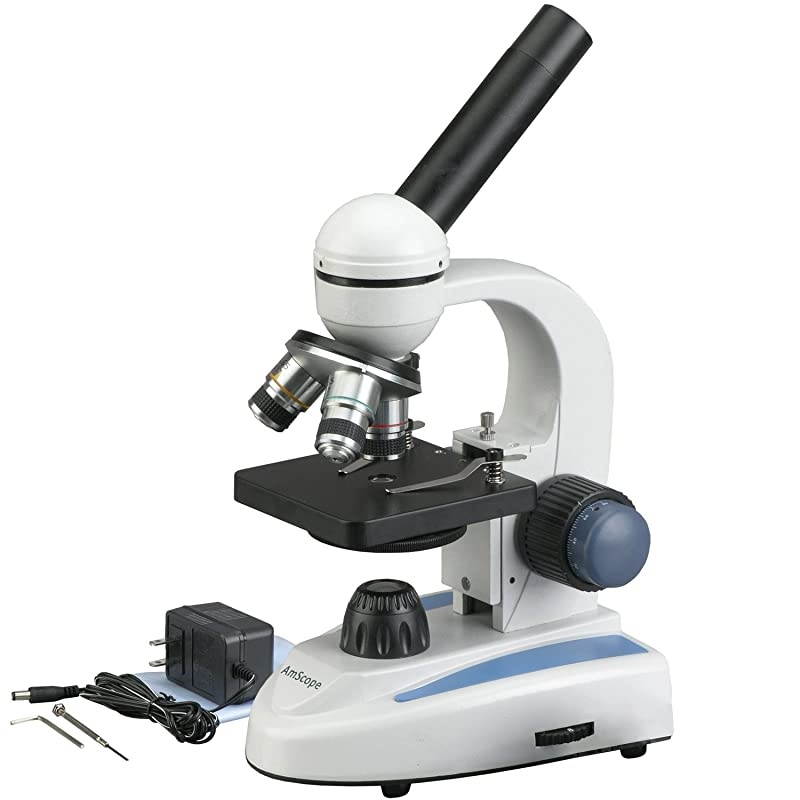
M158C Cordless Compound Monocular Microscope with WF10x and WF25x Eyepieces
CTNR1396691 CTNR1396691ZHIGAN
2027-02-05
/itm/m158c-cordless-compound-monocular-microscope-with-wf10x-and-wf25x-eyepieces-1396691
USD
160.83
$ 160.83 $ 162.45 1% Off
Item Added to Cart
customer
*Product availability is subject to suppliers inventory
SHIPPING ALL OVER UNITED STATES
100% MONEY BACK GUARANTEE
EASY 30 DAYSRETURNS & REFUNDS
24/7 CUSTOMER SUPPORT
TRUSTED AND SAFE WEBSITE
100% SECURE CHECKOUT
The M158C monocular compound microscope has interchangeable 10x widefield and 25x widefield eyepieces, a forward-facing nosepiece with three DIN achromatic objectives, rheostat-controlled LED illumination, coaxial coarse and fine focus, a 0.65 NA single-lens condenser, and a plain stage. The forward-facing revolving nosepiece has 4x, 10x, and 40x DIN achromatic full-glass objectives that provide high-resolution color-corrected images. The monocular viewing head has one 10x widefield eyepiece on a fixed 45-degree vertical inclination to reduce eye and neck strain and 360-degree rotation capability to provide a more comprehensive view and enable sharing.
A compound microscope is used for inspection and dissection of specimens when two-dimensional images are desired. The microscope has lower (diascopic) Brightfield illumination that transmits light up through the specimen for enhanced visibility of translucent and transparent objects. Brightfield (BF) illumination allows the specimen to absorb light, resulting in a dark image on a light background. LED illumination provides bright, cool light for working with temperature-sensitive or live specimens. Rheostat control capability allows the viewer to control light intensity. The 0.65 NA single-lens condenser and disc diaphragm control the amount of light illuminating the specimen.
The plain stage is 3-1/2 x 3-1/2 inches and has an opening for light transmission and stage clips to secure the slide or specimen in place while viewing. A stage stop prevents the stage or specimen from coming into contact with the objectives. Coaxial coarse and fine focus knobs are nested to speed focusing for left-and right-handed viewers. All mechanical components are constructed of metal for precision and durability, and the solid-metal frame has a stain-resistant enamel finish. The microscope is powered by a 110VAC adapter (included) or by three AA batteries (sold separately) for field use.
SpecificationsHeadCompound monocularEyepiecesWF10x, WF25xObjectives4X, 10x, 40x achromaticStagePlainLighting configurationTransmitted (lower) CondenserSingle lensDiaphragmDisc diaphragmLight sourceLED with rheostatIllumination typeBrightfieldPower110V/60Hz or three AA batteriesMicroscopes are instruments used to enhance the resolution of an object or image. Types include compound, stereo, or digital. Compound microscopes use a compound optical system with an objective lens and an eyepiece. Stereo microscopes show object depth in a three-dimensional image. Digital microscopes are used to display an image on a monitor, rather than looking through a lens. Microscopes can have monocular (one), binocular (two), or trinocular (three) eyepieces, with varying magnification abilities.
Magnification ability refers to the size of an image. Resolution, also known as resolvant power, refers to the clarity of the image. The interaction between field of view (FOV), numerical aperture (NA), and working distance (WD) determines resolution. Microscopes can control magnification through a fixed focus, or through a range of adjustments. They can also utilize LED, fluorescent, and mirror light sources to help control viewing capabilities. Microscopes are widely used in education, lab research, biology, metallurgy, engineering, chemistry, manufacturing, and in the medical, forensic science, and veterinary industries.
United Scope manufactures microscopy equipment and accessories under the brand name. The company, founded in 1996, is headquartered in Irvine, CA. What's in the Box? M158C microscope with plain stageWF10x eyepieceWF25x eyepiece4x DIN achromatic objective10x DIN achromatic objective40x DIN achromatic objective (2) Stage clipsDust cover110V power adapterInstructions
A compound microscope is used for inspection and dissection of specimens when two-dimensional images are desired. The microscope has lower (diascopic) Brightfield illumination that transmits light up through the specimen for enhanced visibility of translucent and transparent objects. Brightfield (BF) illumination allows the specimen to absorb light, resulting in a dark image on a light background. LED illumination provides bright, cool light for working with temperature-sensitive or live specimens. Rheostat control capability allows the viewer to control light intensity. The 0.65 NA single-lens condenser and disc diaphragm control the amount of light illuminating the specimen.
The plain stage is 3-1/2 x 3-1/2 inches and has an opening for light transmission and stage clips to secure the slide or specimen in place while viewing. A stage stop prevents the stage or specimen from coming into contact with the objectives. Coaxial coarse and fine focus knobs are nested to speed focusing for left-and right-handed viewers. All mechanical components are constructed of metal for precision and durability, and the solid-metal frame has a stain-resistant enamel finish. The microscope is powered by a 110VAC adapter (included) or by three AA batteries (sold separately) for field use.
SpecificationsHeadCompound monocularEyepiecesWF10x, WF25xObjectives4X, 10x, 40x achromaticStagePlainLighting configurationTransmitted (lower) CondenserSingle lensDiaphragmDisc diaphragmLight sourceLED with rheostatIllumination typeBrightfieldPower110V/60Hz or three AA batteriesMicroscopes are instruments used to enhance the resolution of an object or image. Types include compound, stereo, or digital. Compound microscopes use a compound optical system with an objective lens and an eyepiece. Stereo microscopes show object depth in a three-dimensional image. Digital microscopes are used to display an image on a monitor, rather than looking through a lens. Microscopes can have monocular (one), binocular (two), or trinocular (three) eyepieces, with varying magnification abilities.
Magnification ability refers to the size of an image. Resolution, also known as resolvant power, refers to the clarity of the image. The interaction between field of view (FOV), numerical aperture (NA), and working distance (WD) determines resolution. Microscopes can control magnification through a fixed focus, or through a range of adjustments. They can also utilize LED, fluorescent, and mirror light sources to help control viewing capabilities. Microscopes are widely used in education, lab research, biology, metallurgy, engineering, chemistry, manufacturing, and in the medical, forensic science, and veterinary industries.
United Scope manufactures microscopy equipment and accessories under the brand name. The company, founded in 1996, is headquartered in Irvine, CA. What's in the Box? M158C microscope with plain stageWF10x eyepieceWF25x eyepiece4x DIN achromatic objective10x DIN achromatic objective40x DIN achromatic objective (2) Stage clipsDust cover110V power adapterInstructions

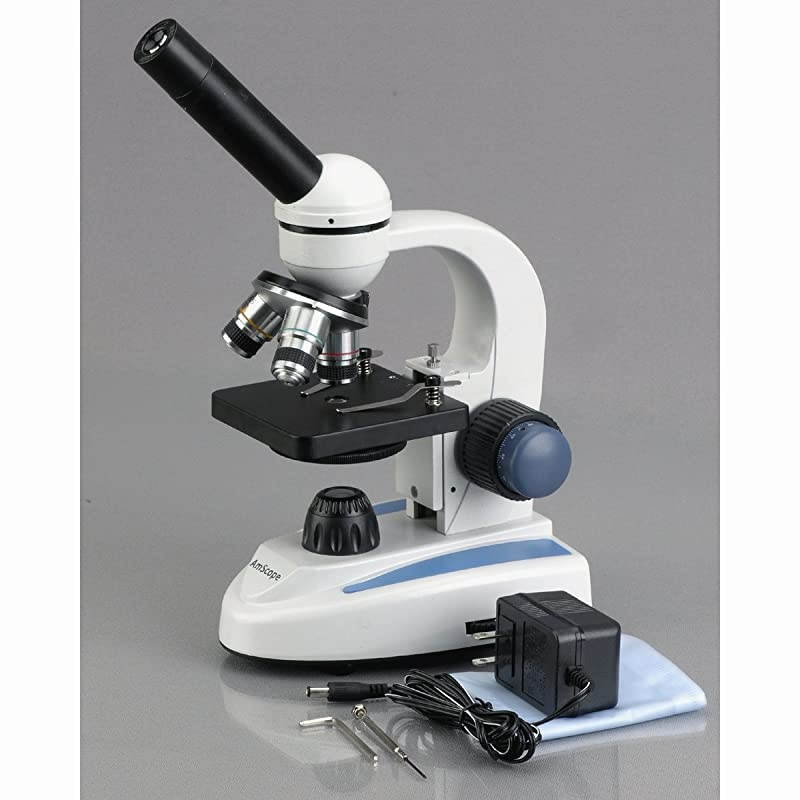
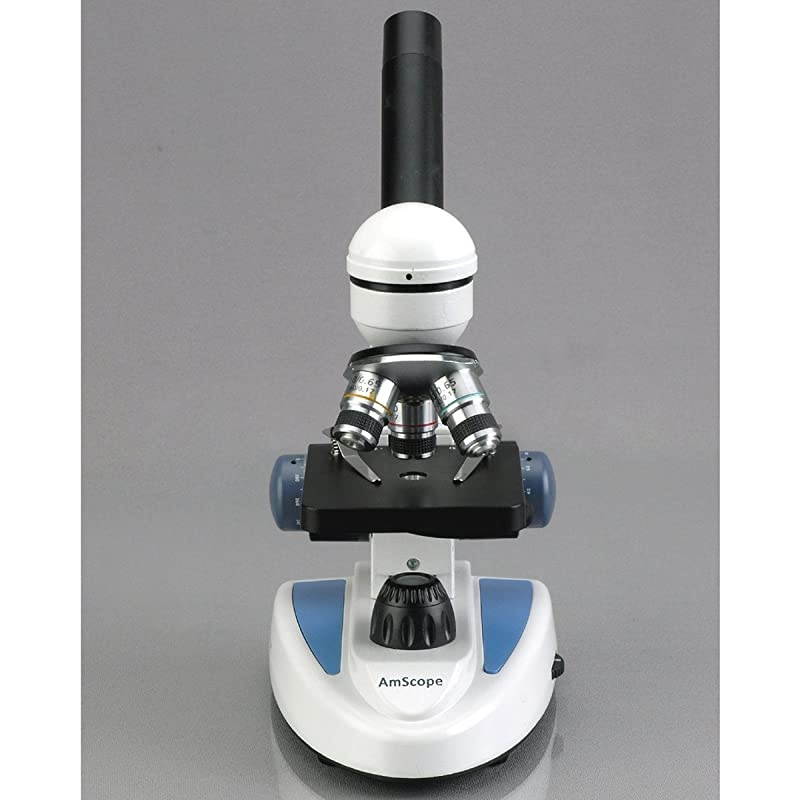
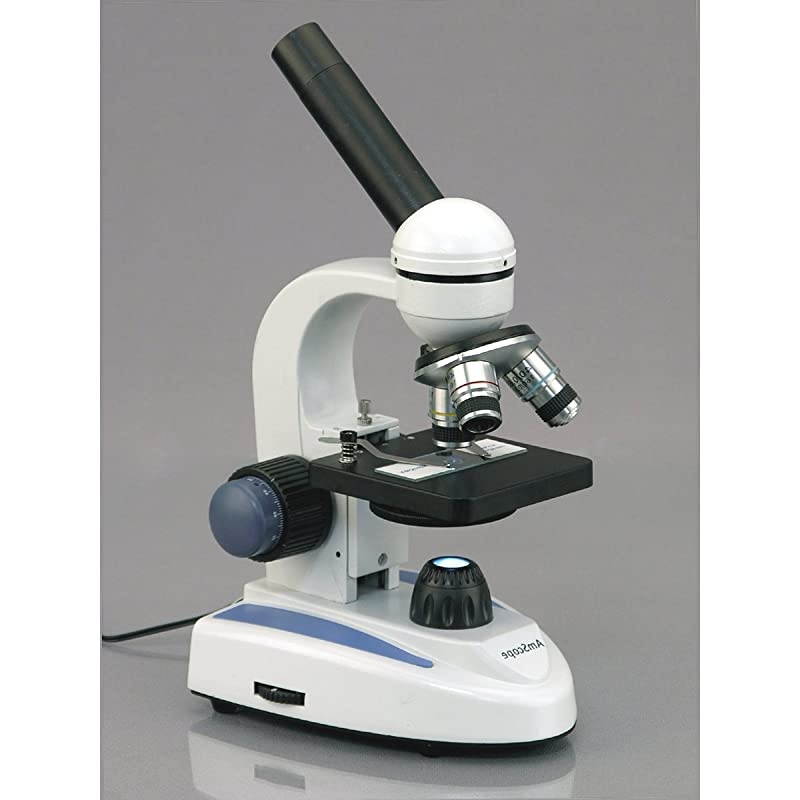
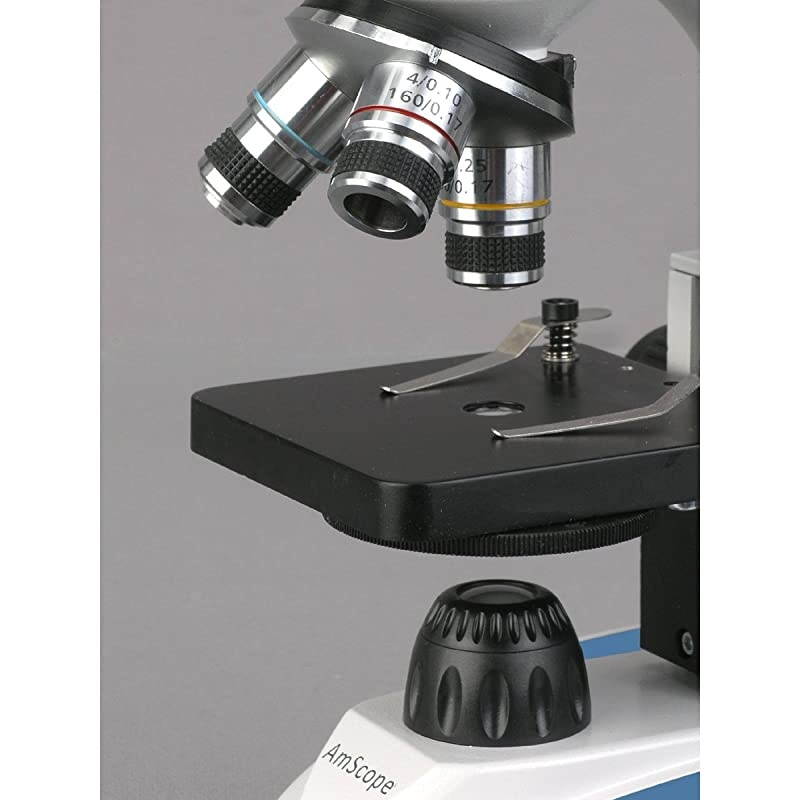
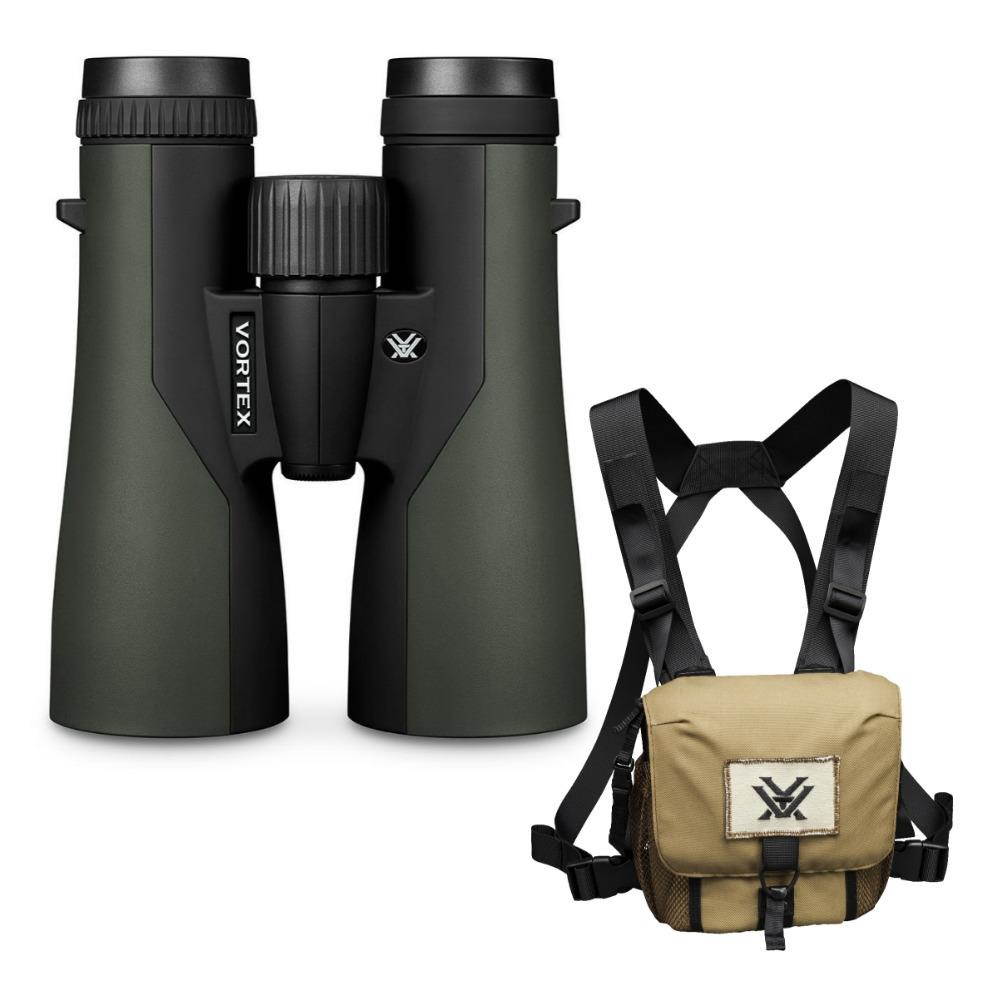
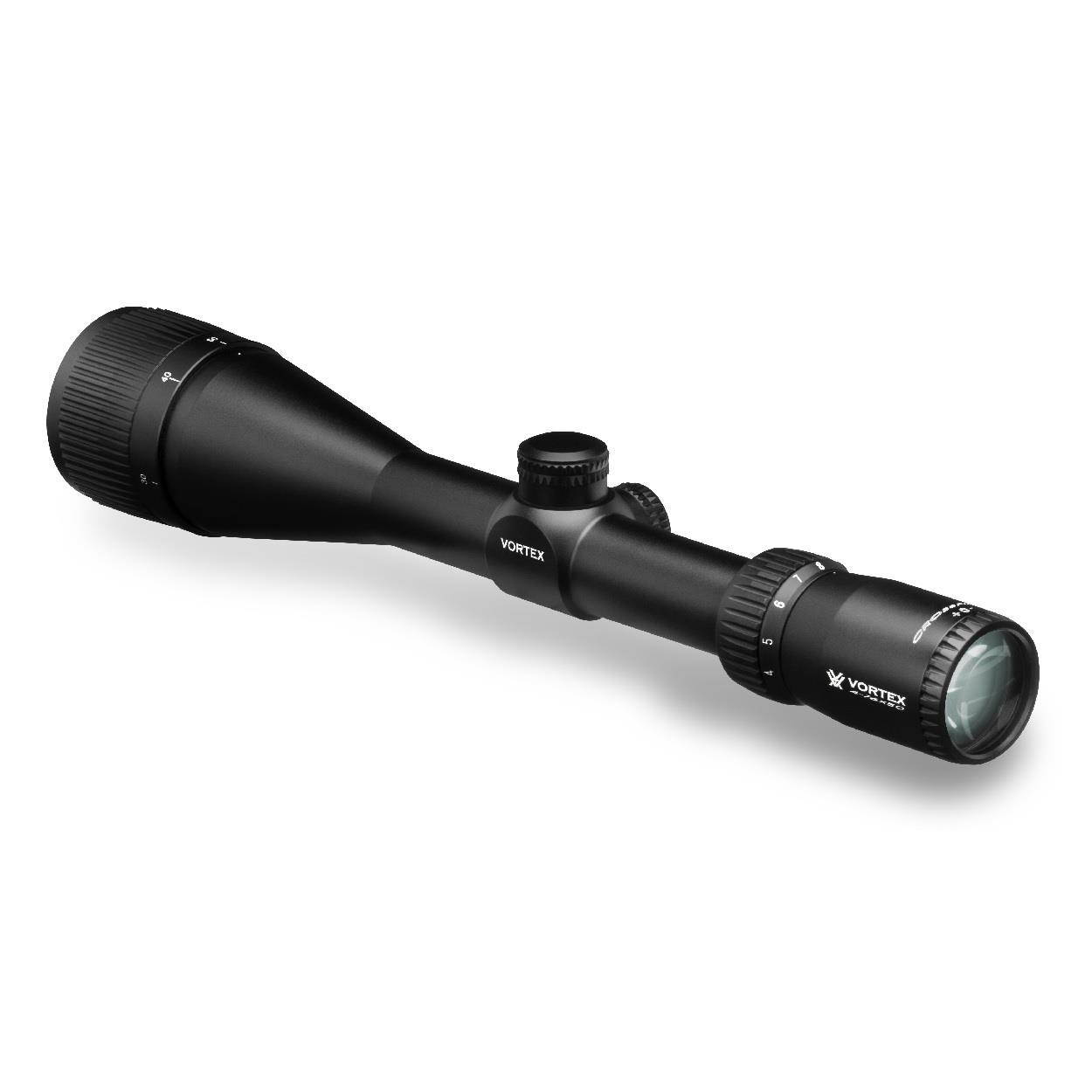
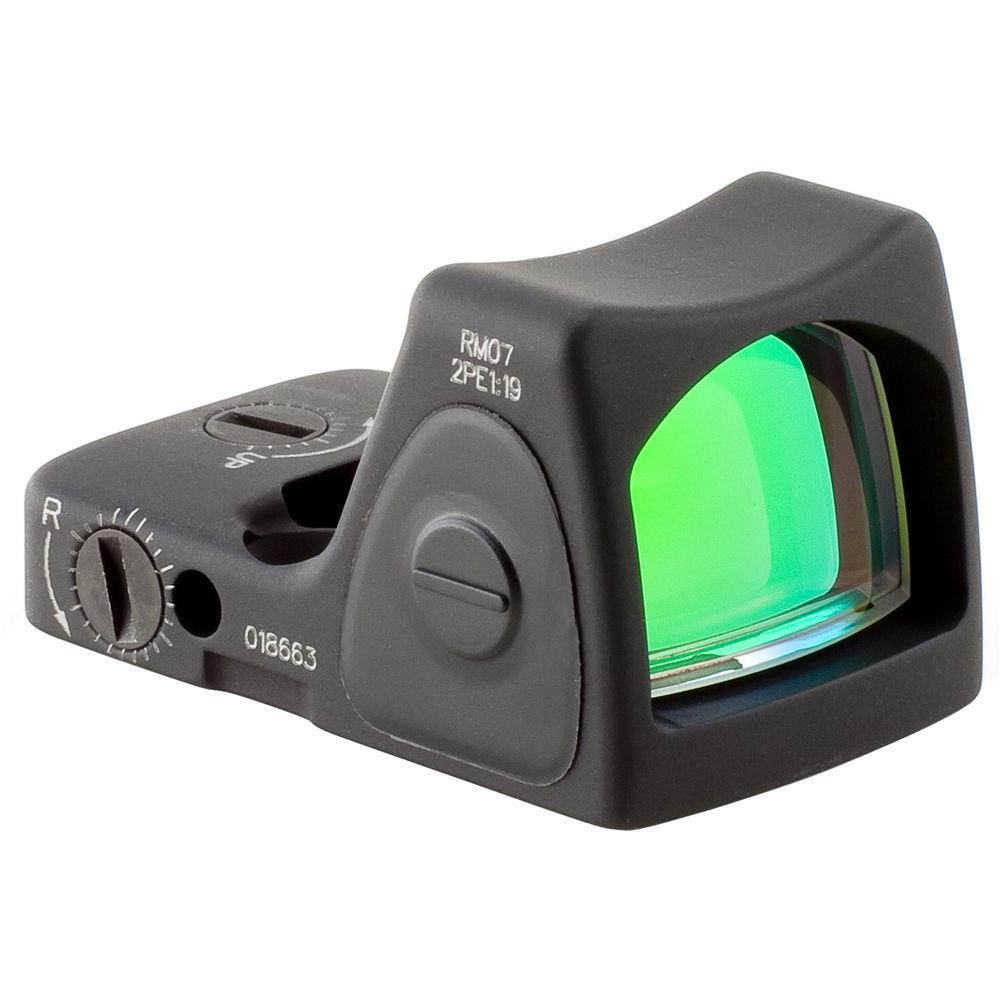
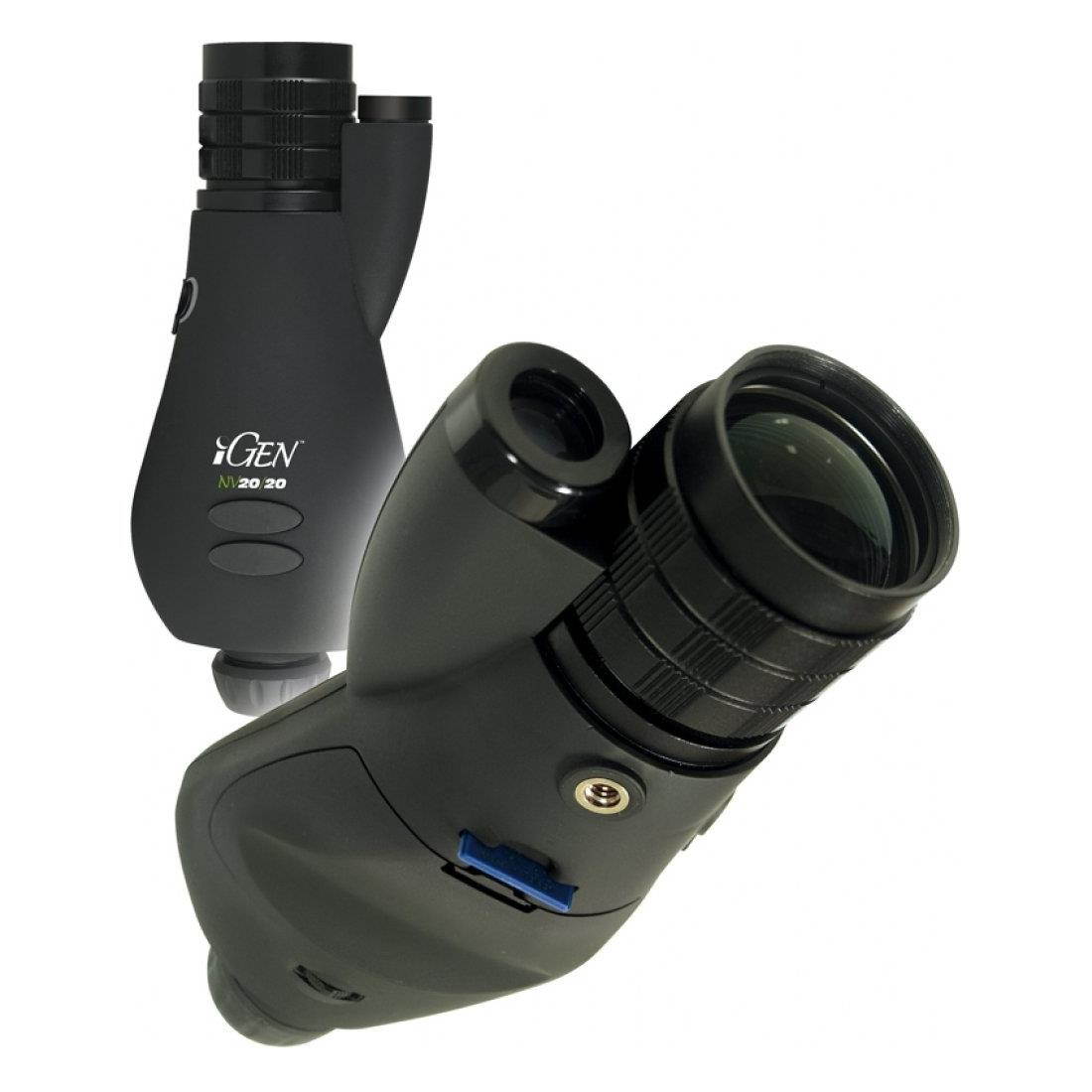
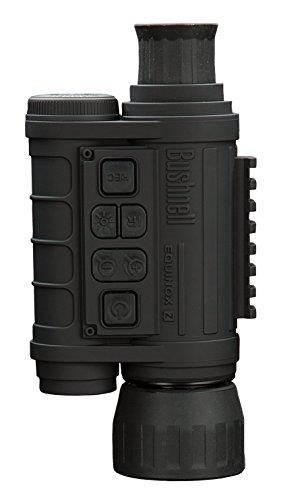
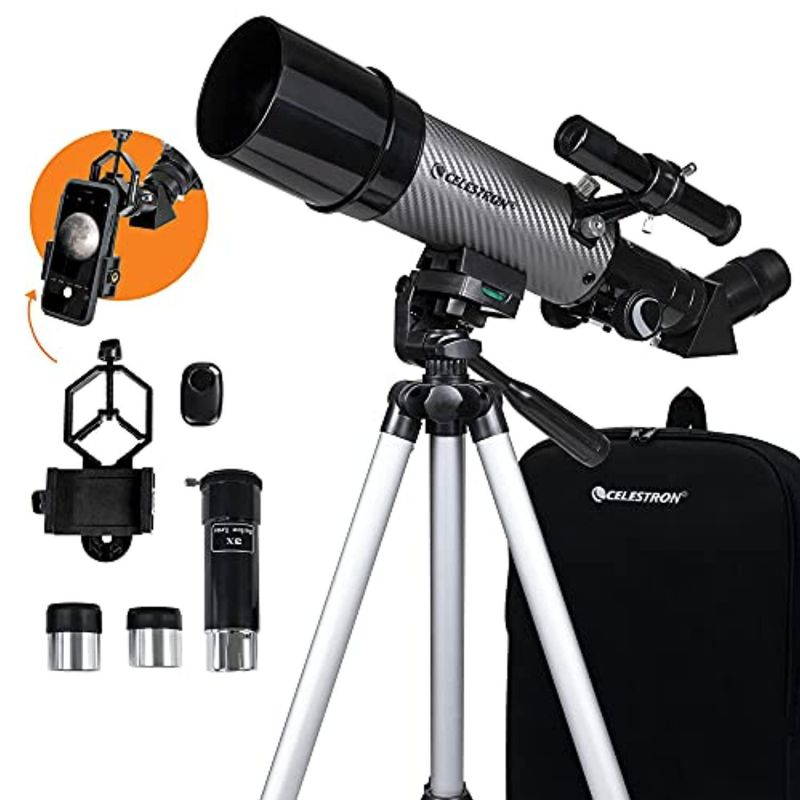
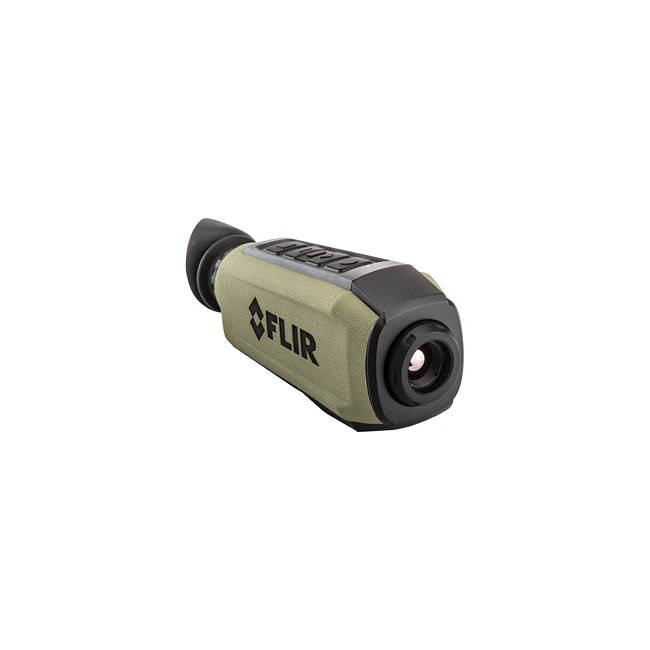
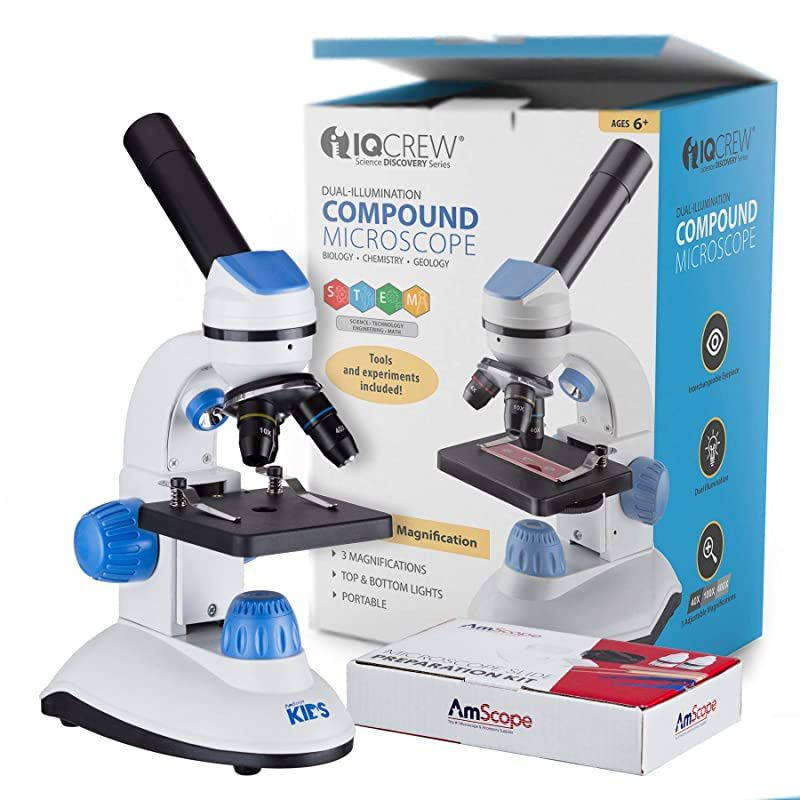
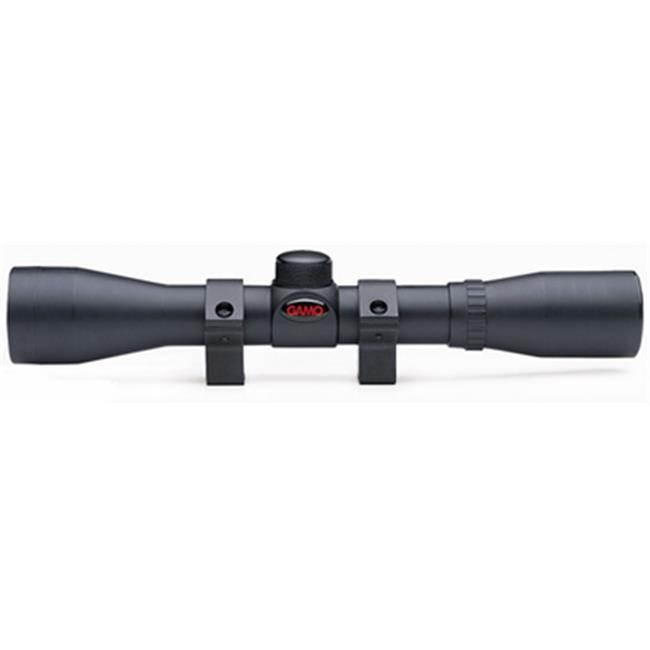
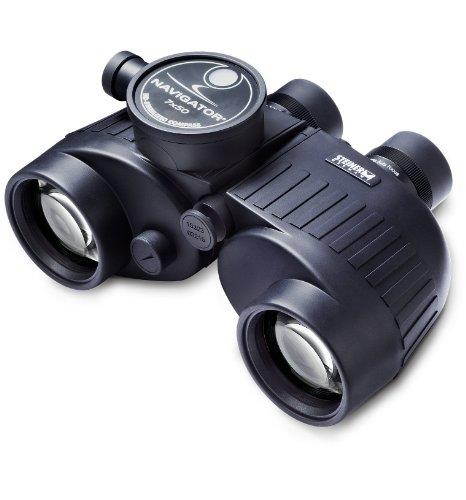
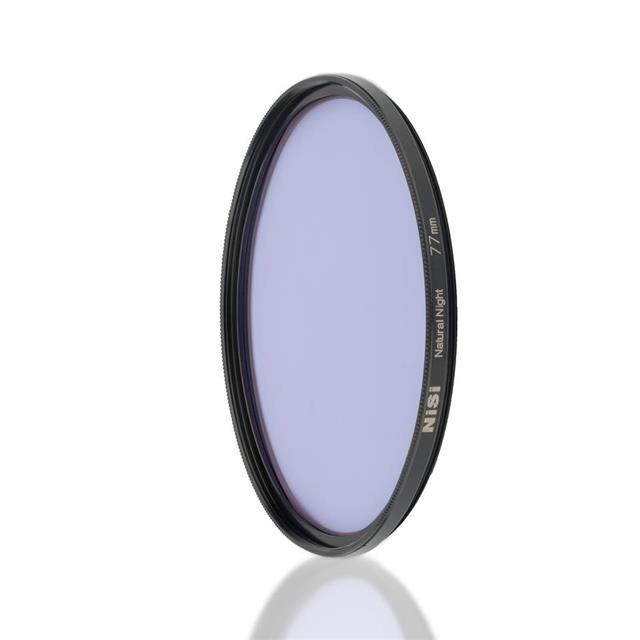
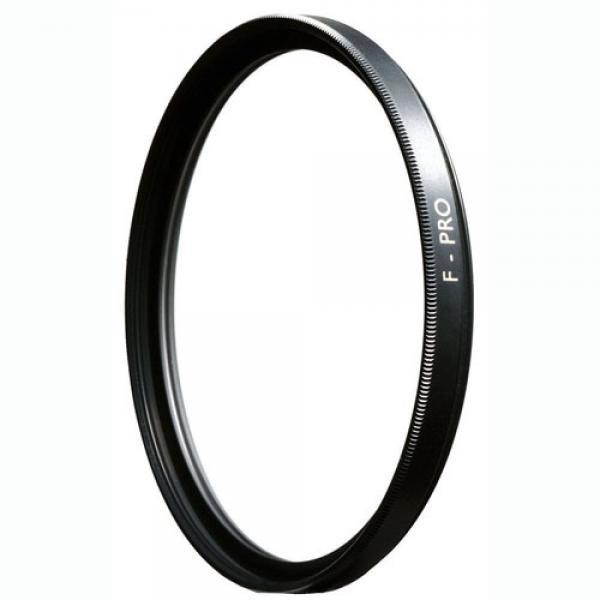

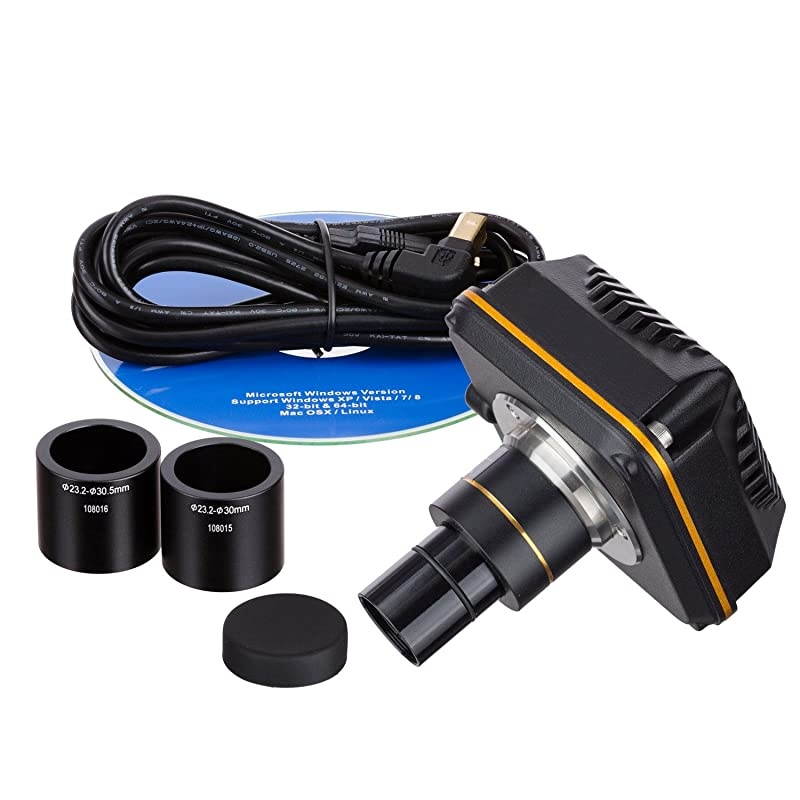
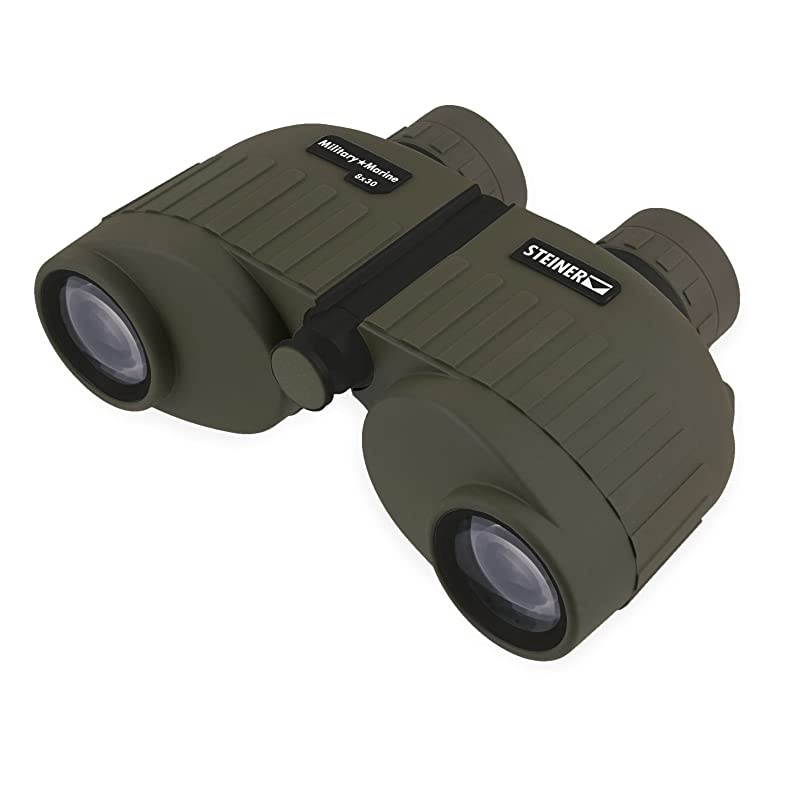
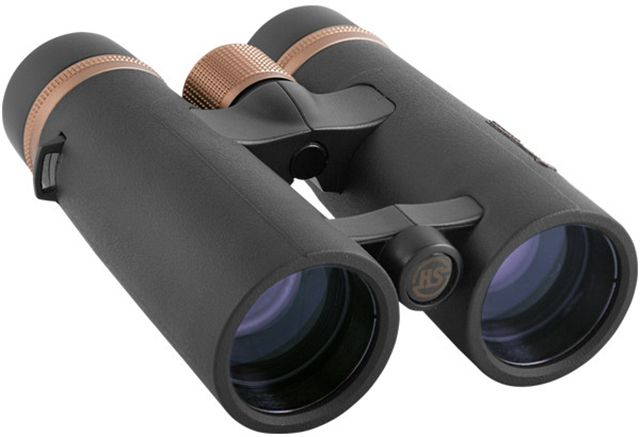
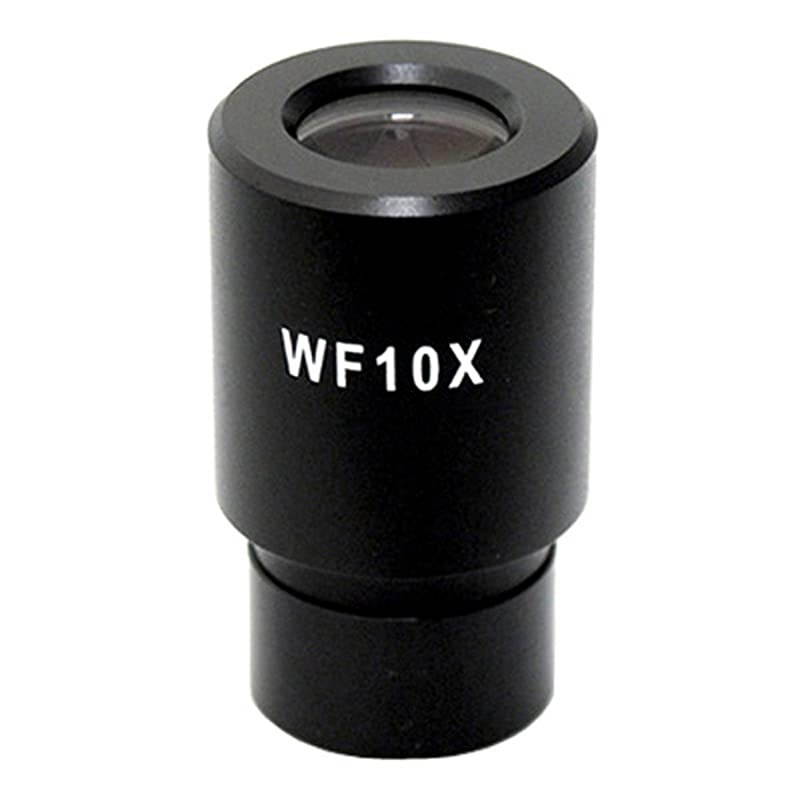
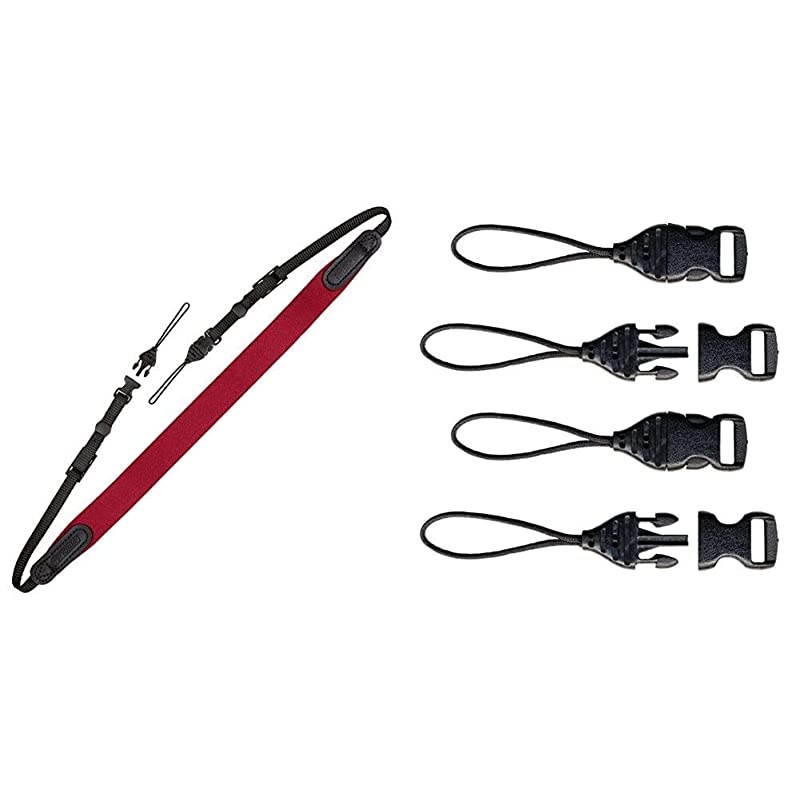
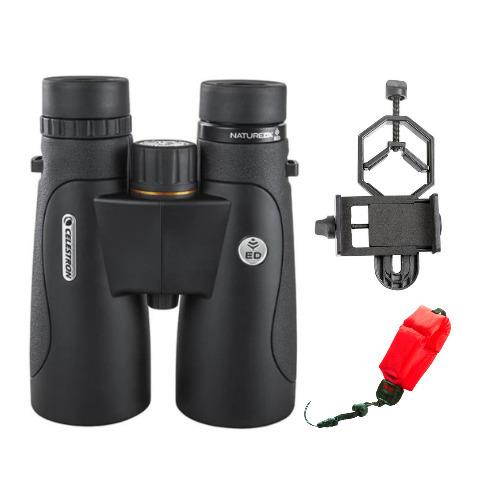
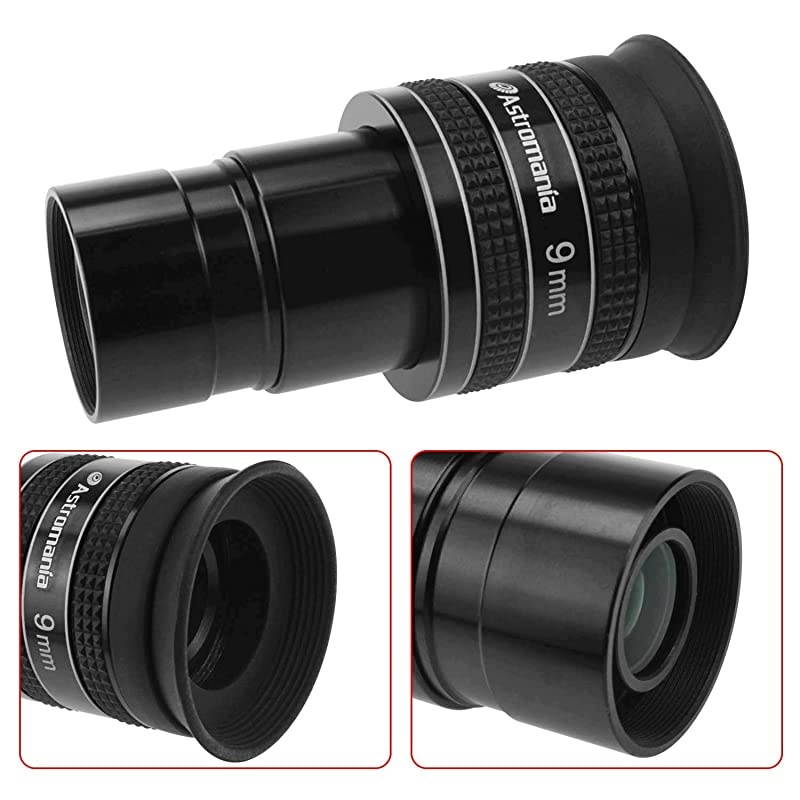
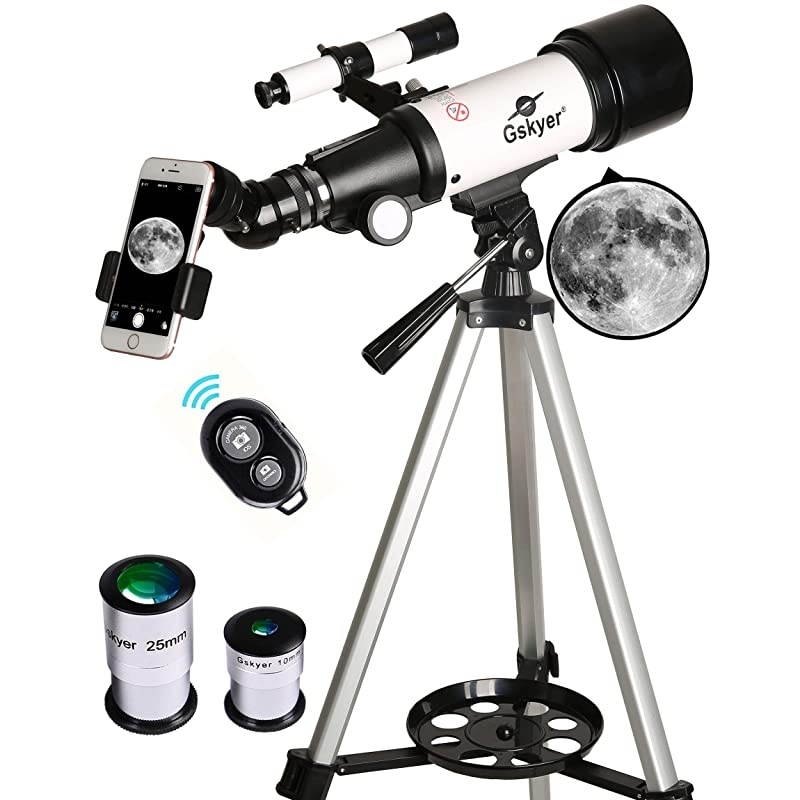
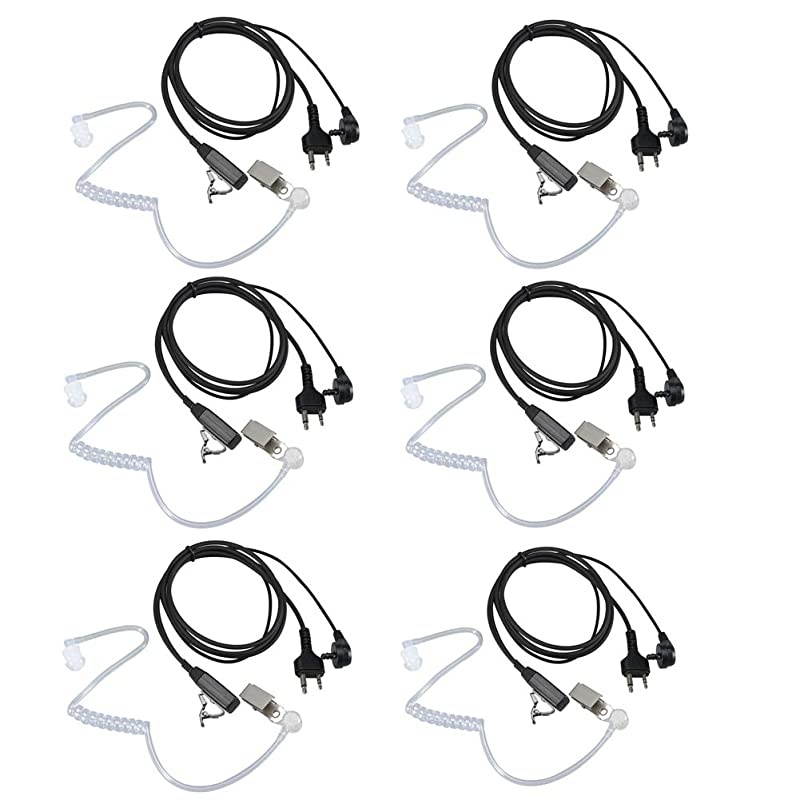
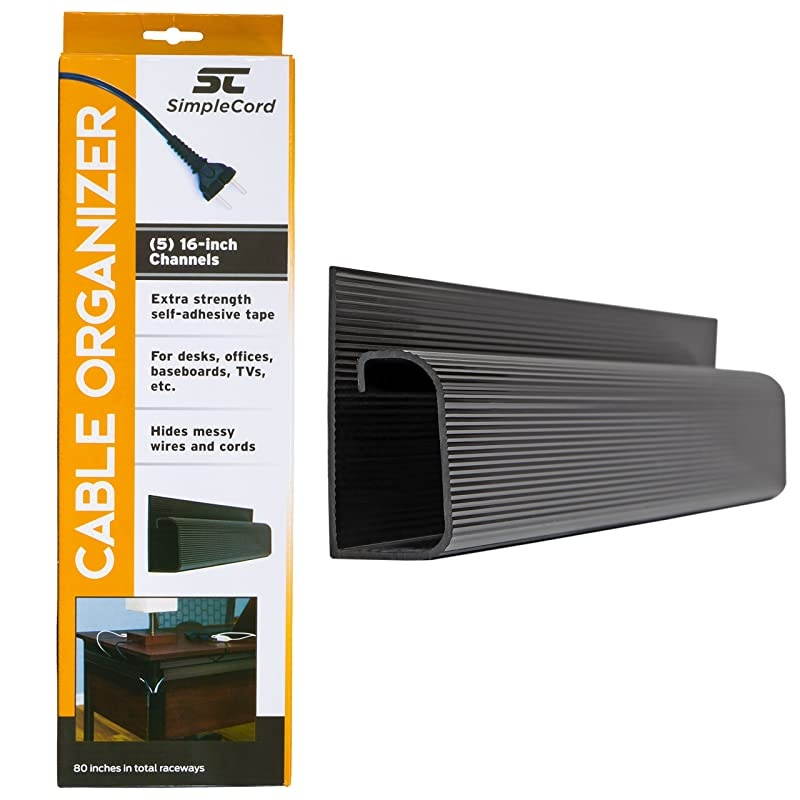
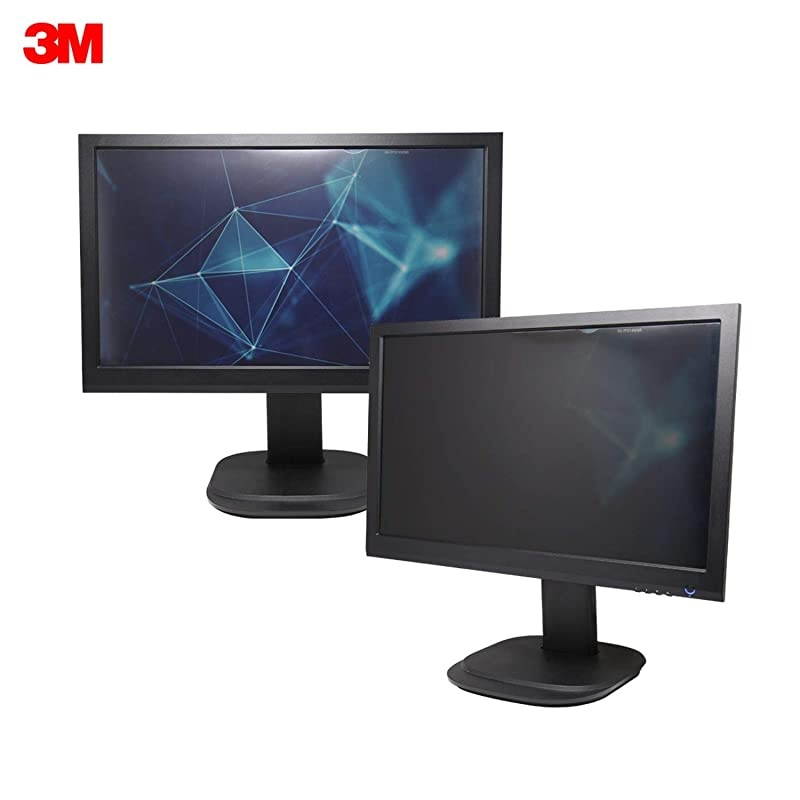
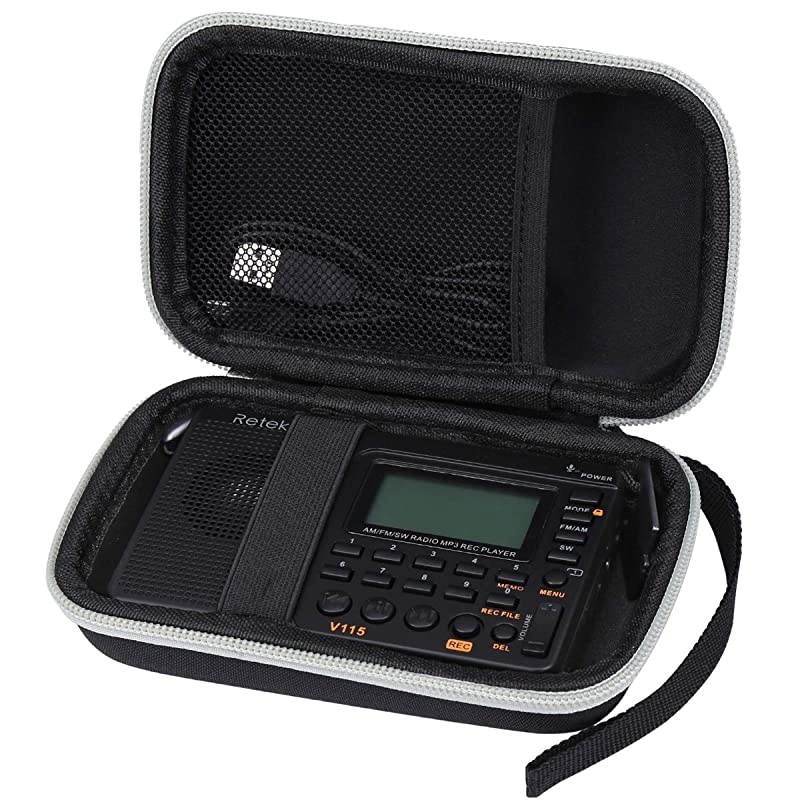
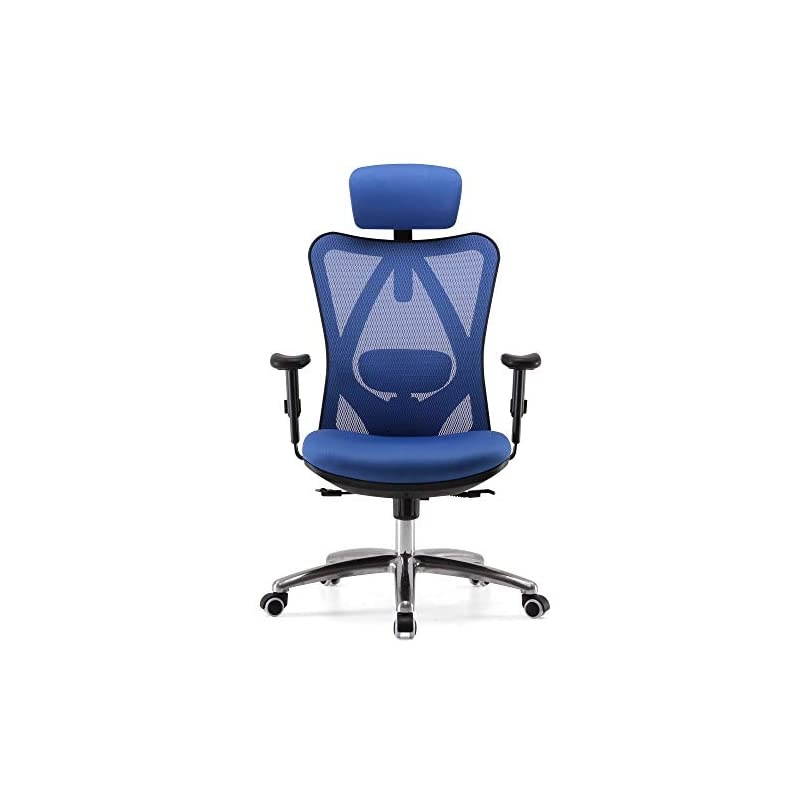
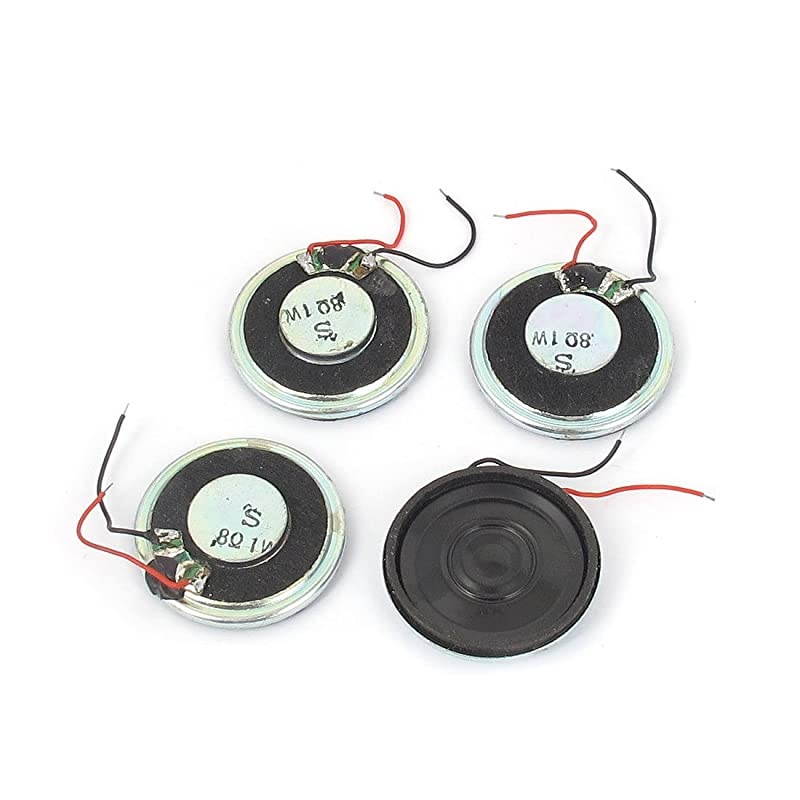
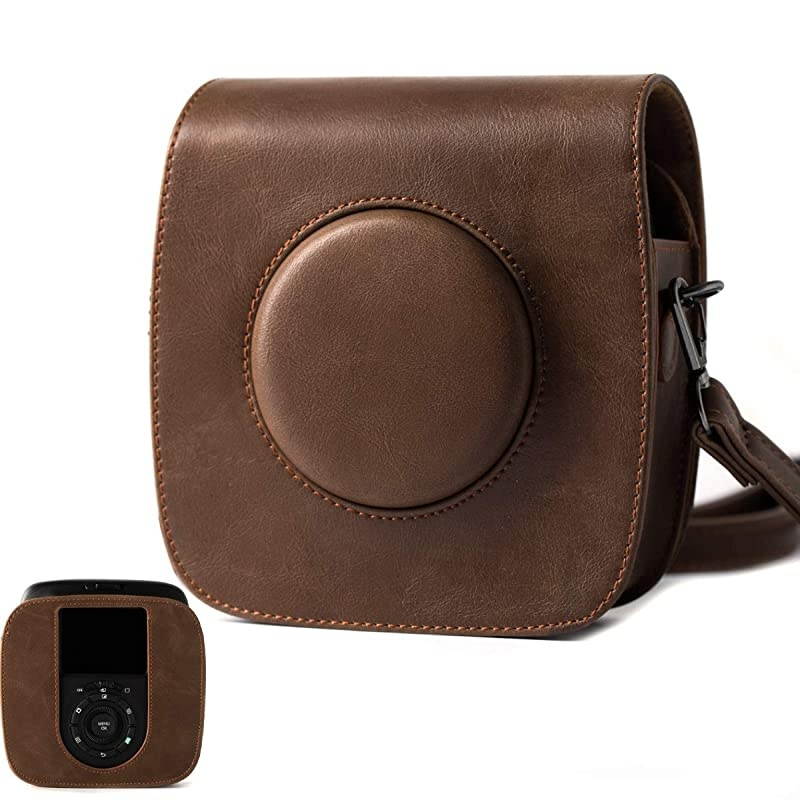
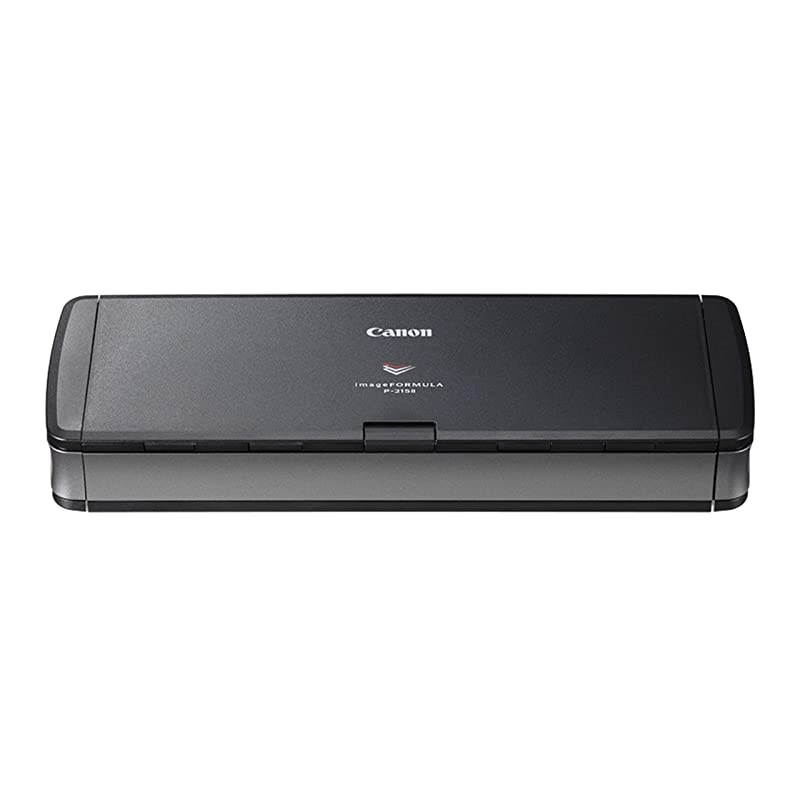
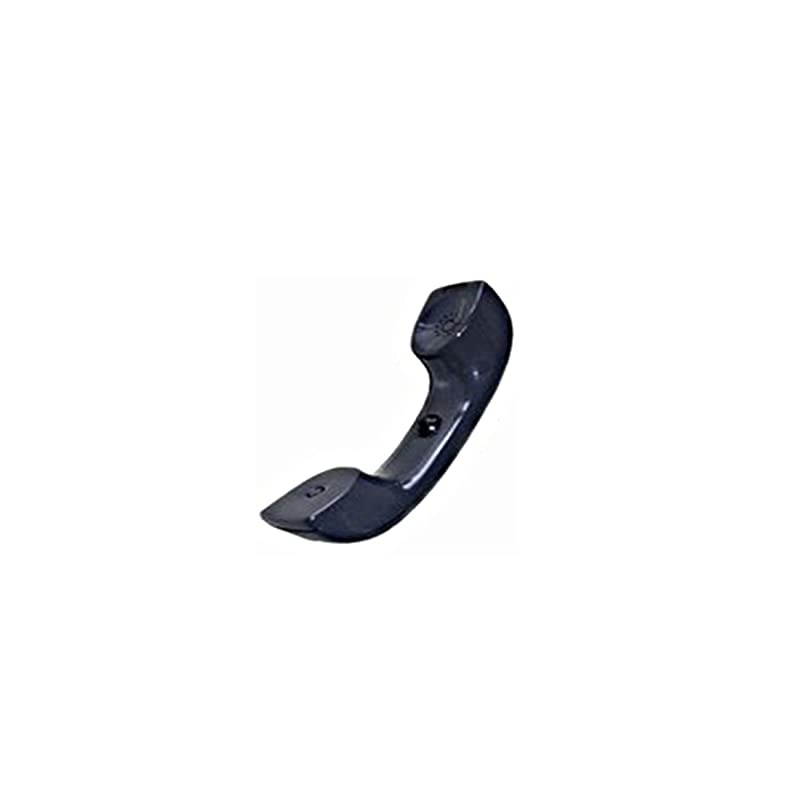
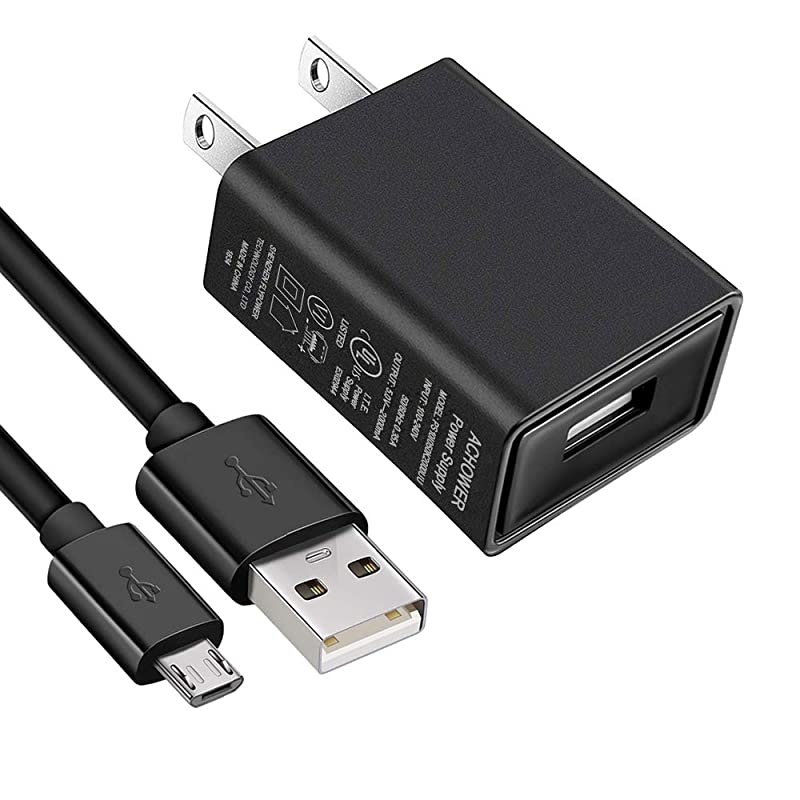

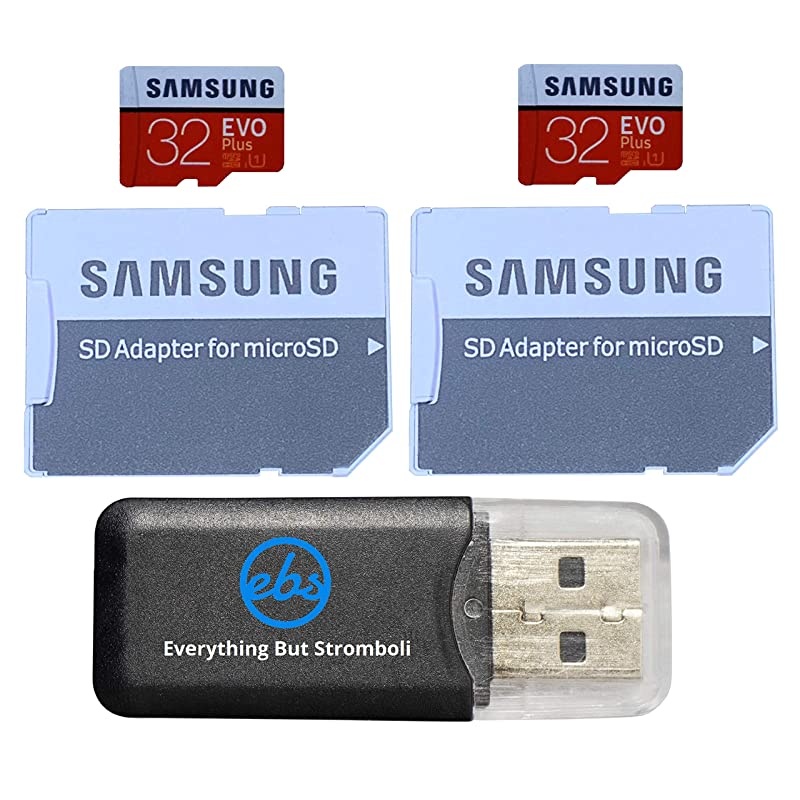
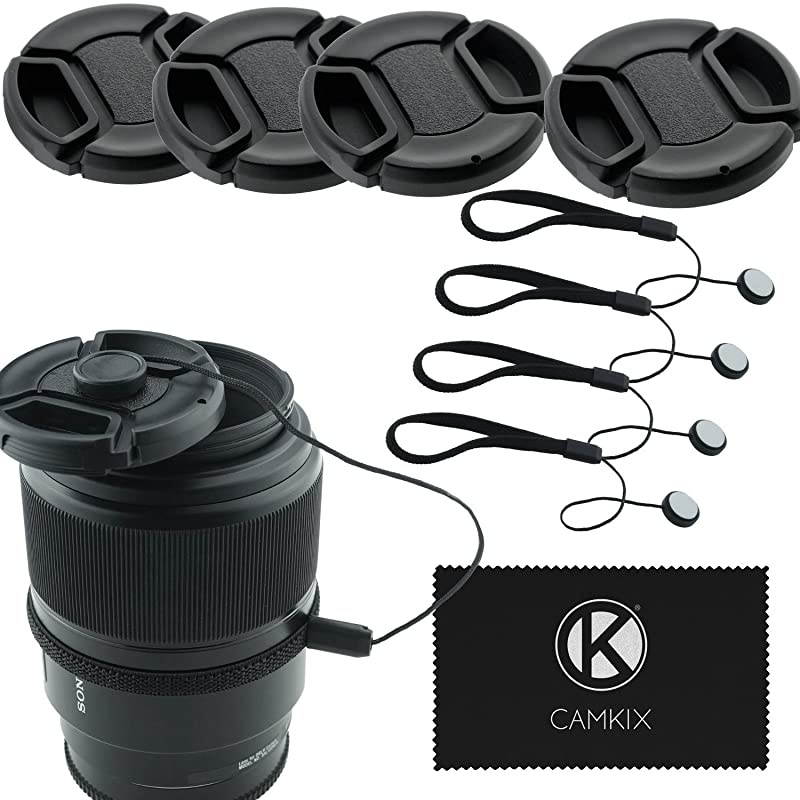

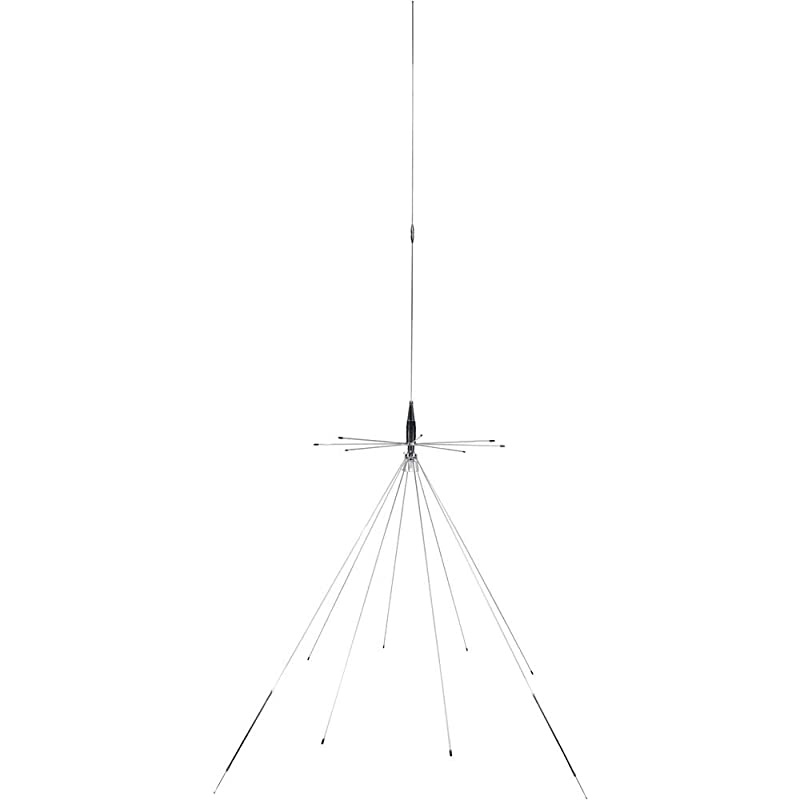
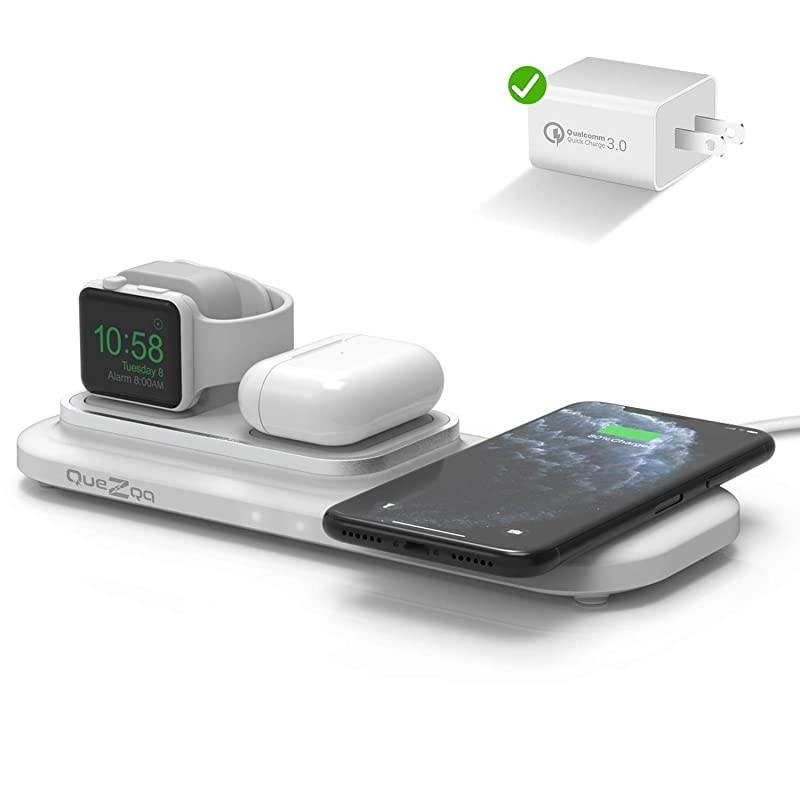
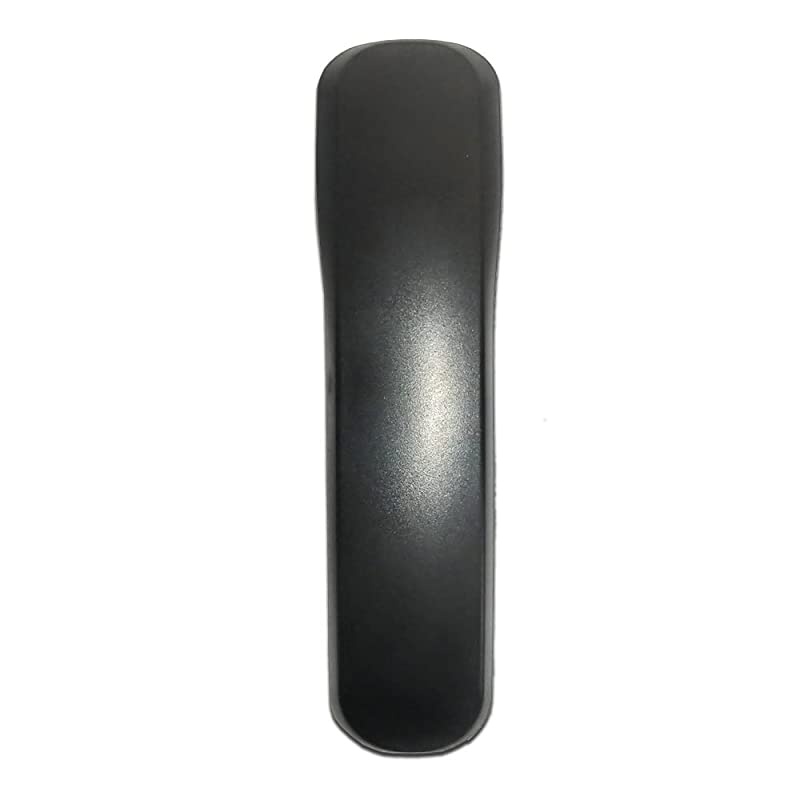
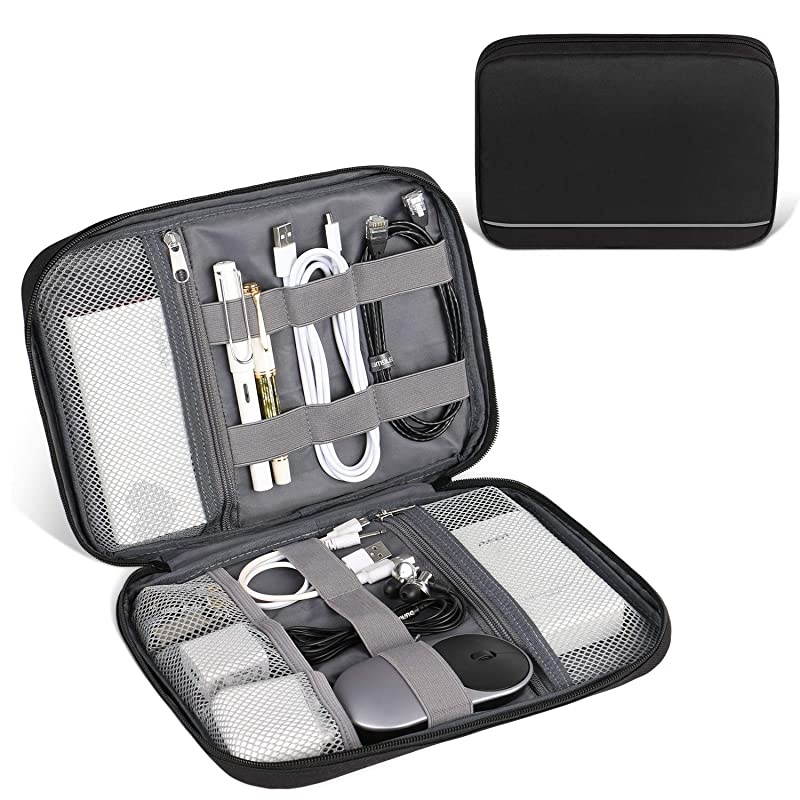
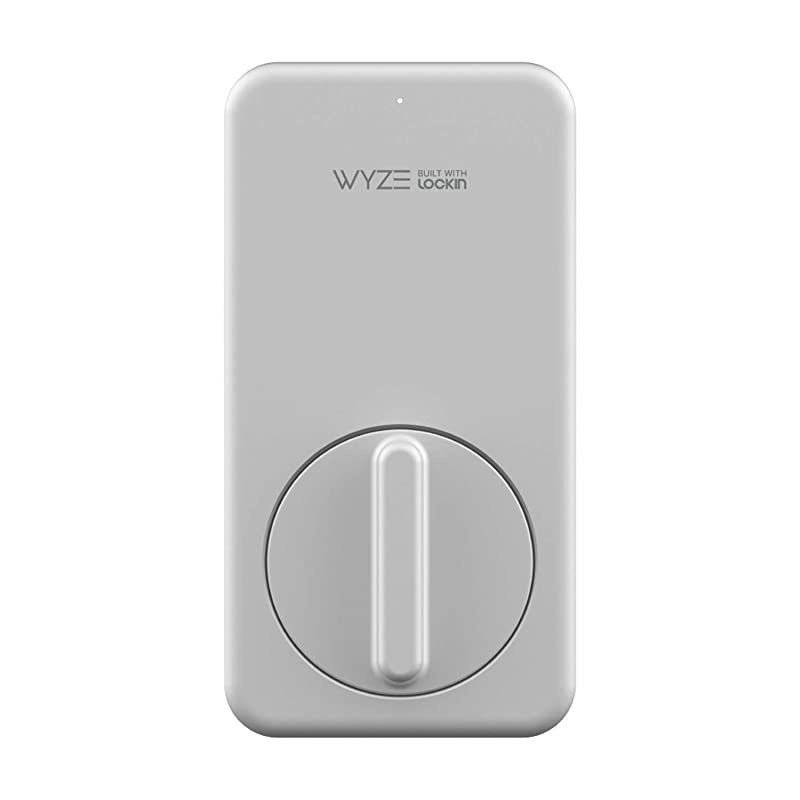
![Adhesive Hooks, [4 Pack] Heavy Duty Durable 304 Stainless Steel Wall Hangers, Waterproof Rustproof Oil Proof for Kitchen, Bathrooms, Doors, Office, Closet-Silver](https://cdn.cartnear.com/6704c13bf8a3f159576e21a150193ce8.jpg)